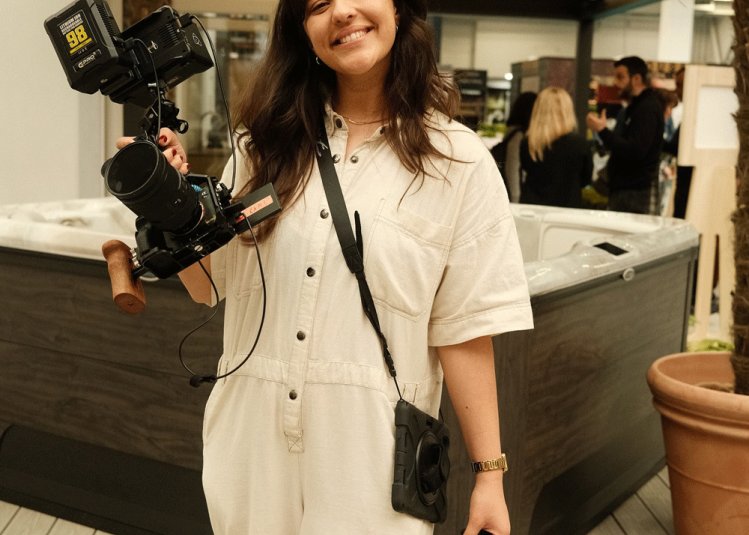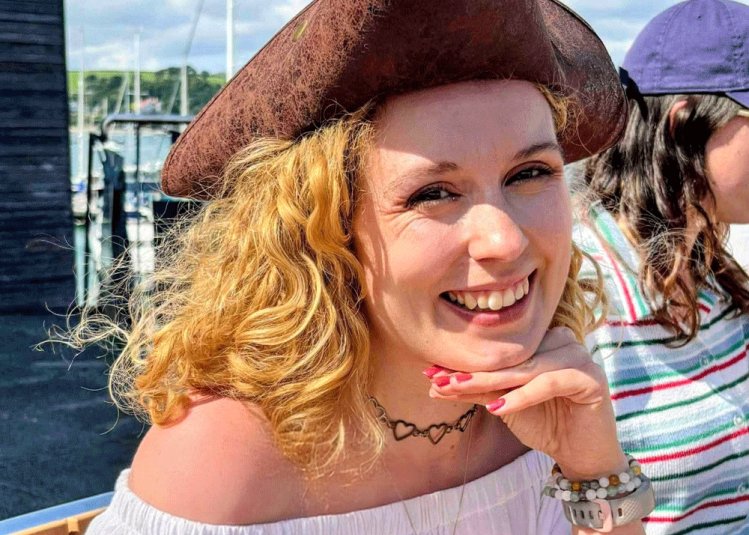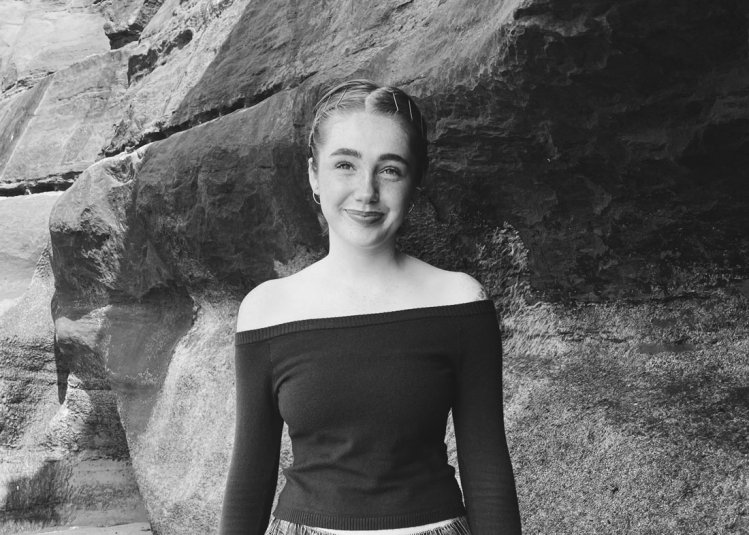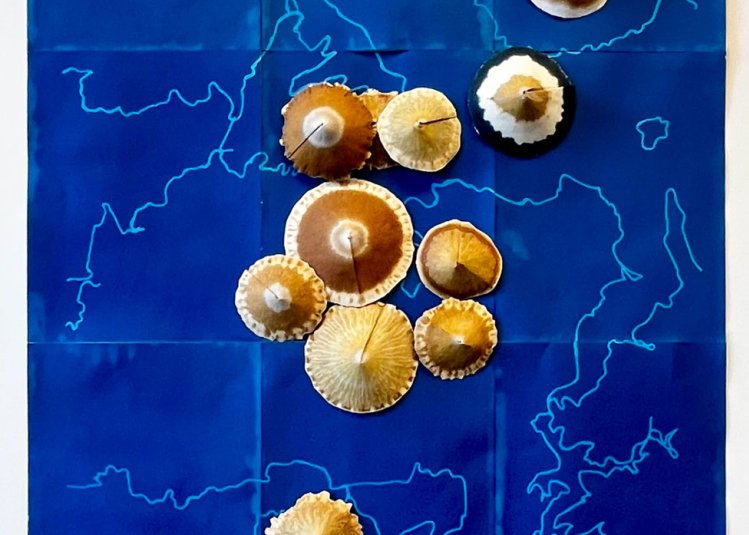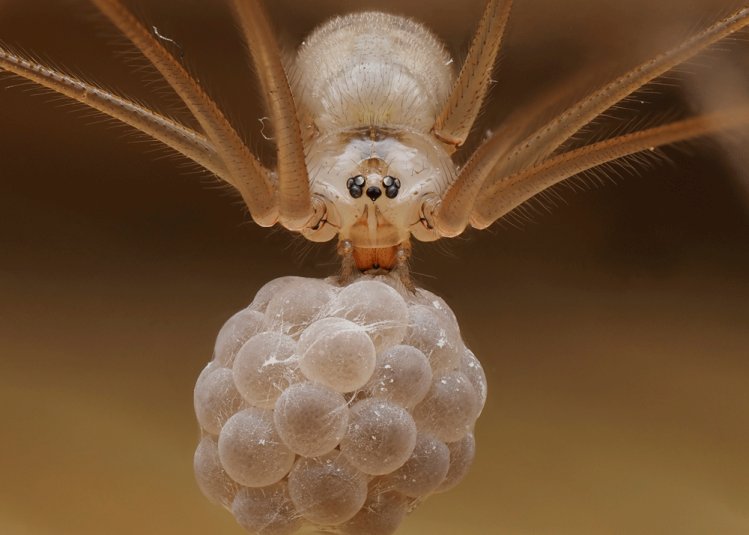From Falmouth to filming in the Brazilian jungle: alumnus Nella Gocal-McConkey on working in TV
07 November 2025
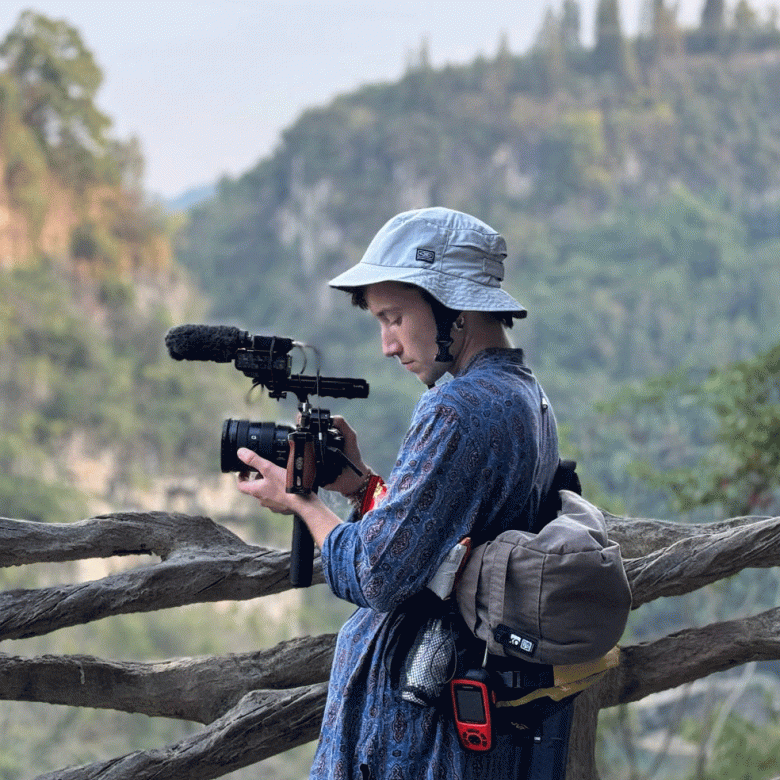
Film BA(Hons) alumnus Nella Gocal-McConkey’s career path is an inspiring one: from working as a shooting researcher on the latest series of Race Across the World to being assistant producer on Fern Britton: Inside the Vets, his work behind the camera has taken him across the world while giving him the exciting opportunity to bring the research skills from his time at Falmouth into practise while working on unscripted television.
Now, Nella has been accepted onto The Grierson DocLab: Archive Producers training programme, a scheme that progresses young talent and working producers into archive production, a career focused on sourcing, finding and managing existing footage for documentaries. We chatted with Nella to learn more about how the Grierson DocLab will impact his career behind the lens and the exciting work he has already done in unscripted television.
Can you tell us about the television shows you have worked on since graduating from Falmouth?
Since graduating with a Film BA(Hons), I’ve had the opportunity to work as an assistant producer and camera assistant across unscripted television on documentaries, travel, sports and competition shows. I’ve been fortunate enough for my work to take me across the world, filming in the rice paddies of China, Indian spice markets and the Brazilian jungle.
There have been several exciting projects I’ve worked on, often reflecting on how lucky I am to do this as a job. From working as a shooting researcher and filming in the Brazilian jungle on Race Across the World, to sprinting through forests while working as a shooting assistant producer on season eight of Hunted for Channel 4, to chatting to people about dogs as an assistant producer on Fern Britton: Inside the Vets.
How did you first gain experience working in television?
I got my first job in TV through the 'Jobs in TV: Runners' Facebook group. I was obsessively monitoring the opportunities shared on the group and noticed that an old post had been edited and a second job added to the listing. I realised that this meant many people would not have seen the job and so I pinged them an email. It ended up being a Drag Race/Eurovision hybrid called Queen of the Universe, and I think my understanding of the LGBTQIA+ community and my enthusiasm for the job got me the role.
After this, it was a lot of being in the right place and speaking up at the right time, plus being happy to do anything and everything. I would say timing is absolutely everything, you never quite know when an employer is looking for someone with your skillset. Whilst on Queen of the Universe, I heard the production manager discuss a camera trainee role and raised my hand (jokingly) saying "I know how to change a battery!" and the director of photography gave me a chance and then took me onto his next job after. In that role I was camera assisting on tour across the UK which gave me a real foundation for the years to come. I was fortunate to move up to assistant producer quite quickly thanks to mentors who propped me up and advised me on navigating what can be a very complex industry.
You have recently been accepted onto the Grierson DocLab: Archive Producers training scheme - what is it and what will you be doing?
It’s been super exciting to have been accepted onto The Grierson DocLab: Archive Producers training programme, which is run in collaboration with Prime Video Pathway. It’s a training programme for those with strong ambitions to become archive producers for documentary and factual programmes, providing eight successful candidates with intensive training to build and develop their skillset. You gain mentoring from an industry professional, the opportunity to network at the Grierson Awards (the British Documentary Awards) and two five-week bursary-supported placements with production companies.
The scheme equips trainees for their career, drawing on the experience of industry professionals with different perspectives, such a directors, producers, production managers and editors. It’s an intensive deep dive into all things archive and I cannot wait to throw myself into the course and develop my love of archive into a career.
What did you appreciate most about your time at Falmouth?
I really appreciated the support of my lecturers and the open-door policy they had; we were encouraged to speak to them about any educational or personal issues we were facing. As I’m starting to take on more senior roles in my work, I’m doing my best to embody the open approach of my lecturers, making it my priority to create a space where people feel they can come to me no matter the time or issue.
I also have Falmouth to thank for helping me discover what it was that I wanted to pursue. I spent the second half of my degree in lockdowns. The School of Film & Television adapted the assessment criteria for this, allowing final year students to submit more experimental and research-heavy work. Without this, I would never have discovered the experimental documentary filmmaker Barbara Hammer and other archive filmmakers who inspired me to pursue archive documentary filmmaking and apply for this opportunity.
Not only did my lecturers’ appreciation for experimental film and documentary encourage me to pursue it myself, but the Falmouth community did the same. Being a campus university in a small town in Cornwall means that, unlike those studying in larger cities, all your friends are either a short walk or short bus journey away. I really thrived in this environment and given the chance I would happily do it all over again.
What do you hope to go on to do next?
With my newfound skills and knowledge in archive, I hope to work on social, cultural and human-interest documentary series and features. I’m committed to highlighting trans and queer issues in archive storytelling and I look forward to building on this work. Alongside this, I plan to continue shooting/camera operating and developing my own short documentary films. I am currently in the pre-production stage for a short documentary with co-director Issy Stephens (Light Sleeper Studio), a fellow Falmouth Film BA(Hons) alumnus who is now undertaking a PhD Studentship. We’re making the film in collaboration with the Cornish charity, Wild.
